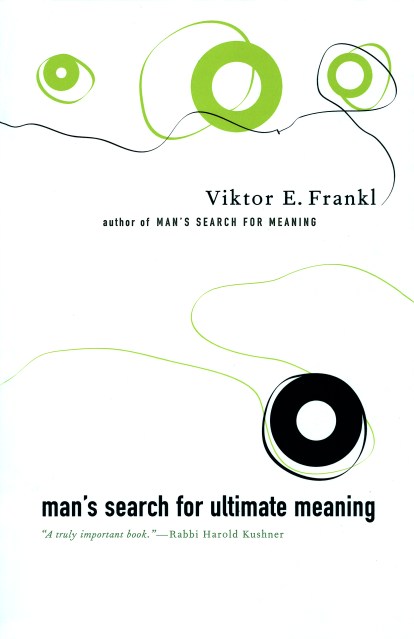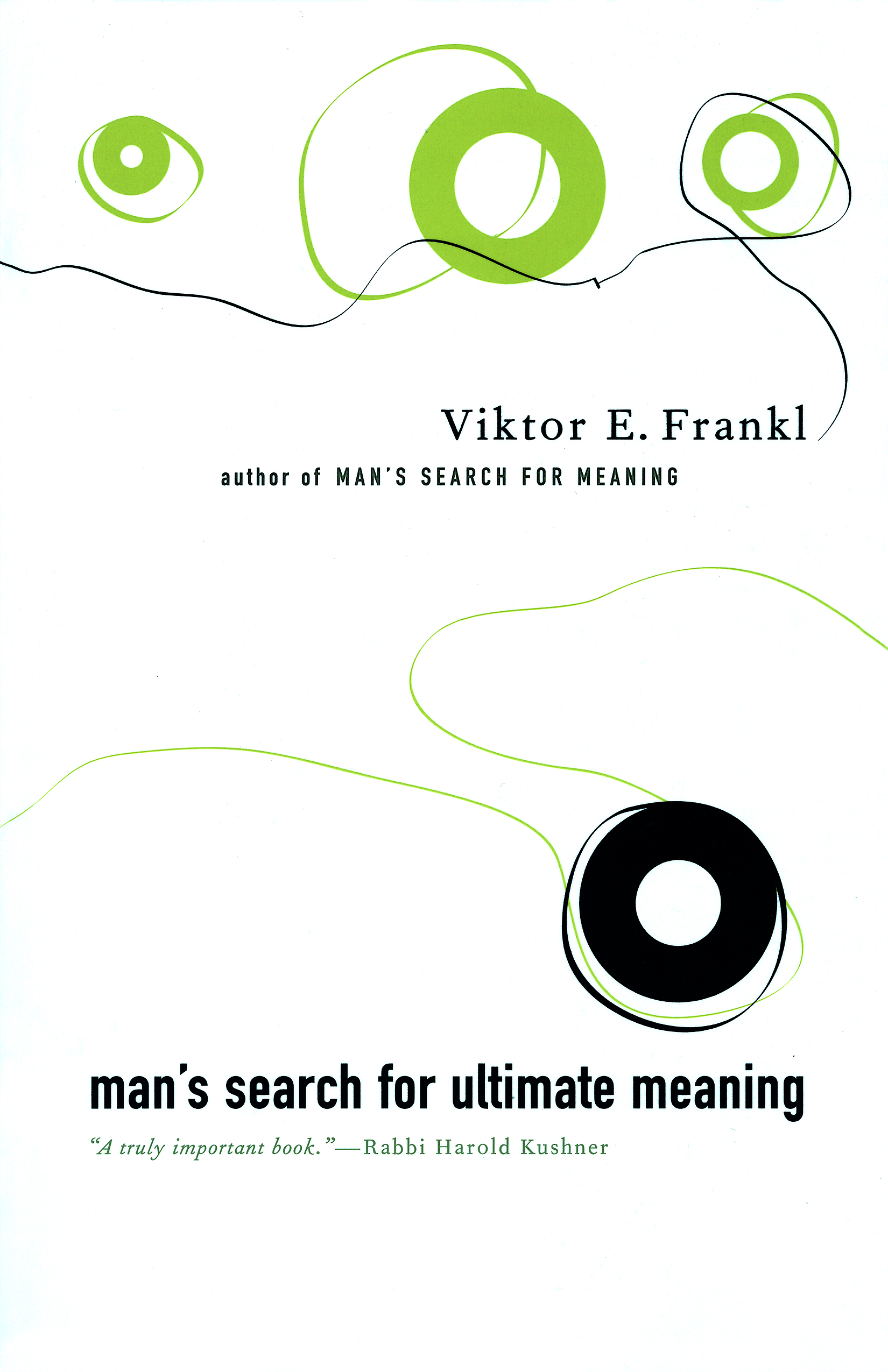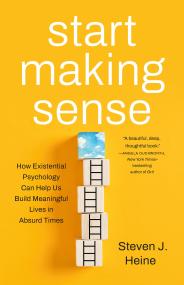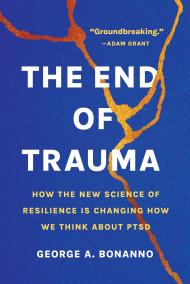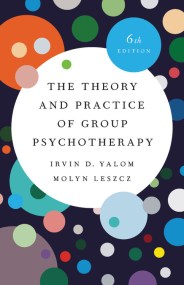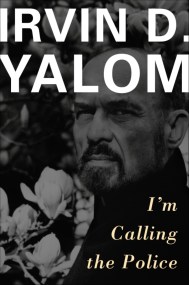By clicking “Accept,” you agree to the use of cookies and similar technologies on your device as set forth in our Cookie Policy and our Privacy Policy. Please note that certain cookies are essential for this website to function properly and do not require user consent to be deployed.
Man’s Search For Ultimate Meaning
Contributors
Formats and Prices
- On Sale
- Aug 11, 2000
- Page Count
- 208 pages
- Publisher
- Basic Books
- ISBN-13
- 9780738203546
Price
$18.99Price
$24.99 CADFormat
Format:
- Trade Paperback $18.99 $24.99 CAD
- ebook $14.99 $18.99 CAD
This item is a preorder. Your payment method will be charged immediately, and the product is expected to ship on or around August 11, 2000. This date is subject to change due to shipping delays beyond our control.
Buy from Other Retailers:
Genre:
-
"Brilliant! In this book, we are privileged to share the richness of Frankl's experience and the depth of his wisdom."Elizabeth Kubler-Ross
-
"One of the great souls of our time shares with us the distilled wisdom of a lifetime of personal and professional experience in this truly important book."Rabbi Harold Kushner
-
"A powerful psychological exploration of the religious quest. Man's Search for Ultimate Meaning is to be treasured by psychologists and theologians and by men and women who wrestle with ultimate questions and encounter God as often in the question as in the answer."Michael Berenbaum
Newsletter Signup
By clicking ‘Sign Up,’ I acknowledge that I have read and agree to Hachette Book Group’s Privacy Policy and Terms of Use
